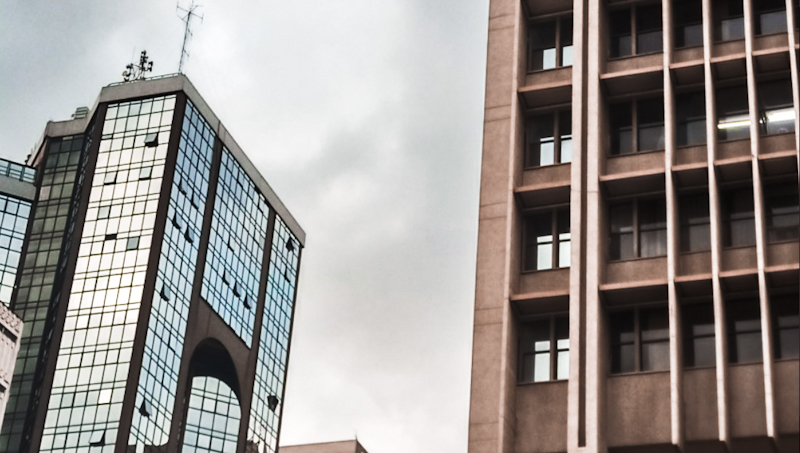A new report by Knight Frank Kenya has indicated that demand for environmentally friendly features in office developments by multinational corporations expanding into Kenya is accelerating developers’ shift towards incorporating sustainable design into their projects.
According to Knight Frank’s H1 2022 Kenya Market Update, investors in office properties are increasingly incorporating environmental sustainability aspects into their designs to enhance resource efficiency and low carbon footprints.
The Cube, Promenade, Absa Bank, Caxton House and PTA Complex are amongst properties that have attained coveted EDGE or LEED certifications.
The report indicates that with Kenya’s growing digital industry and interest by technology giants, there is an attractive investment opportunity in smart offices that go beyond the physical building to provide amenities.
Some firms investing in innovation hubs in Nairobi include Microsoft Africa Development Centre, Visa’s innovation studio, Google’s Africa product development hub and Amazon Web’s AWS Local Zone Hub.
Anthony Havelock, Head of Capital Markets and OLSS, Knight Frank Kenya, said: “The expectation for sustainable buildings by multinationals is creating a fresh opportunity for real estate investors in this market. It is the industry’s future globally, and we expect it to continue growing in demand even by local businesses.”
The report indicates that while the supply of commercial space is expected to continue in 2022, no significant office developments are expected to enter the Nairobi market in 2023.
This, it warns, could potentially drive up occupancy rates and prime rents of office buildings, with most companies having either resumed working from the office or adopting a hybrid version with the ebbing of the pandemic.
Currently, the average monthly prime rent has stabilised at US$1.20 per square foot per month, with many landlords preferring rental payments in dollars.
Prime Residential Rents
Prime residential rents declined by 2.23% during the first half of 2022 compared to 1.58% over the same period in 2021. This is attributed to the continued oversupply and effects of the rise in the cost of living. The market remains a tenant’s market, implying that landlords will continue to provide various concessions to have high occupancies.
On the sale front, prime residential sale prices improved marginally by 1.2% in the first half of 2022. This is attributable to the post-pandemic reopening of the economy. Though positive, this increase is lower than the 2.4% rise during the first six months to Q1 2022 due to the August general elections, causing a cooling of the economy.
Retail Market
In the retail market, supermarket chains remained highly acquisitive as they opened new branches more conveniently, leading destinations to tap into densely populated areas within specific residential locations.
These included Naivas and Quickmart, with Chandarana following suit, a departure from its favoured mall strategy. This trend is expected to continue, despite the increasing cost of living.
Mark Dunford, Knight Frank Kenya’s CEO, said: “Overall, the real estate sector, which has been in recovery, may now be constrained on the regulatory front, with the reinstatement of building construction levies and environmental impact assessment license fees that were scrapped in 2017. Additionally, the tripling of capital gains taxes in January 2023 may adversely affect investors during these challenging economic times”.
The government’s newly introduced Ardhisasa digital title conversion process, designed to ease land transactions and foster transparency, has caused some concern as the market is yet to become familiar with it.
Charles Macharia, Senior Research Analyst, Knight Frank Kenya, said: “We continue to see investors in real estate diversifying into less traditional asset classes, away from those that are currently oversupplied to those that are more resilient. This has seen the adoption of real estate assets such as purpose-built student accommodation, modern warehouses, and industrial parks.”
The Knight Frank Kenya Market Update, issued at the end of every half-year, examines Kenya’s real estate market trends and performance.
It reviews the retail, office, residential, hotel & tourism, industrial, and institutional property segments against the country’s economic performance over the period.




